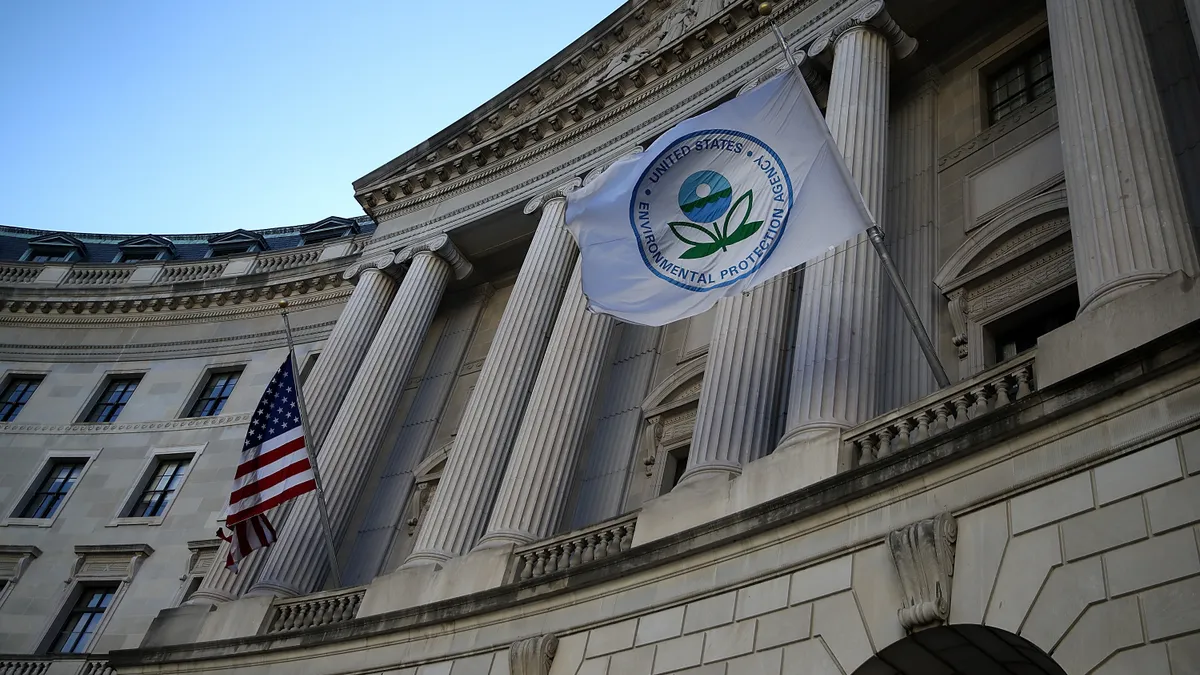The U.S. Environmental Protection Agency this month gave final approval for an alternative to the banned and controversial weedkiller dicamba. However, farm groups took issue with additional restrictions on the herbicide substitute that could "set a precedent" for future regulation.
The registration of glufosinate-P and glufosinate-P ammonium will provide corn and soybean growers with a way to manage their crops without dicamba, which was blocked earlier this year due to human health risks. It's also the first time the EPA approved an herbicide under a new strategy meant to protect endangered species from harm.
Following the announcement, chemical company BASF announced its Liberty Ultra herbicide, which contains glufosinate-P ammonium as an active ingredient, will be available subject to state approval. The company said the herbicide is effective at killing broadleaves and grasses, noting its formulation allows farmers to cover more acres with less product.
To use Liberty Ultra and other glufonsinate-P products, farmers must adhere to additional requirements meant to protect vulnerable habitats. As part of its endangered species strategy, the EPA is requiring farmers to take mitigation measures to prevent spray drift, including by maintaining a 10-foot buffer for ground applications.
The agency said following the new label instructions will minimize risks to plants and animals, including endangered species and their habitats. The EPA said the proposed glufosinate-P products result in "less chemicals entering the environment" than the currently registered glufosinate as they require around half the application rate to be effective.
Farm groups have pushed back against the added herbicide restrictions, saying it foreshadows increased regulatory burden on farmers who rely on conventional crop protection products. The American Soybean Association said in a statement that the added restrictions go "above and beyond its previous safety findings."
“EPA seems to have relented to pressure from environmental groups and decided to impose additional Endangered Species Act restrictions on farmers," said Alan Meadows, an American Soybean Association director in Tennessee. "Growers should be worried about the precedent this will set.”











